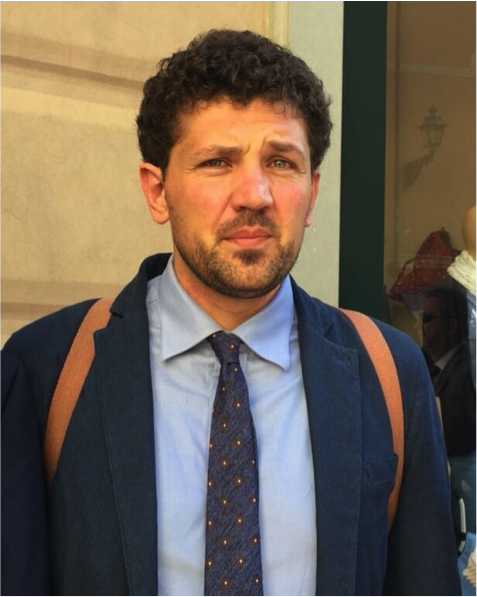Giovanni Carrosio, sociologist of the University of Trieste. He deals with territorial inequalities and local development, investigating how the ecological transition impacts on social and territorial cohesion. Recently has started to deal with eco-welfare, in order to integrate the readings on the environmental crisis with those on the fiscal crisis of the state. On these topics he has recently published the book “Understanding the Energy Transition. Civil society, territory and inequality in Italy”, Palgrave Mcmillan, with Natalia Magnani.
Lecture – Energy transition and social (in)justice
This lecture addresses the topic of the energy transition (decarbonization) from the point of view of social and territorial inequalities. The energy transition, in fact, takes on various connotations according to the territorial contexts and unequally involves different social groups. In particular, energy transition policies favour or penalise specific places and people. Literature in the social sciences has addressed the issue of inequalities in two ways: first, by investigating conflicts for the location of renewable energy plants; second, in relation to the energy poverty issue, by highlighting how problems of access to energy as a fundamental good still exist. In the presentation, instead, we will address the issue of inequalities in a third way: investigating how the policies for the diffusion of renewable energies, for energy saving and energy efficiency, favour or disadvantage weaker social groups and marginal territories, producing or reproducing social and spatial inequalities. In the conclusions, we will reflect on the possible tools for a just transition.

